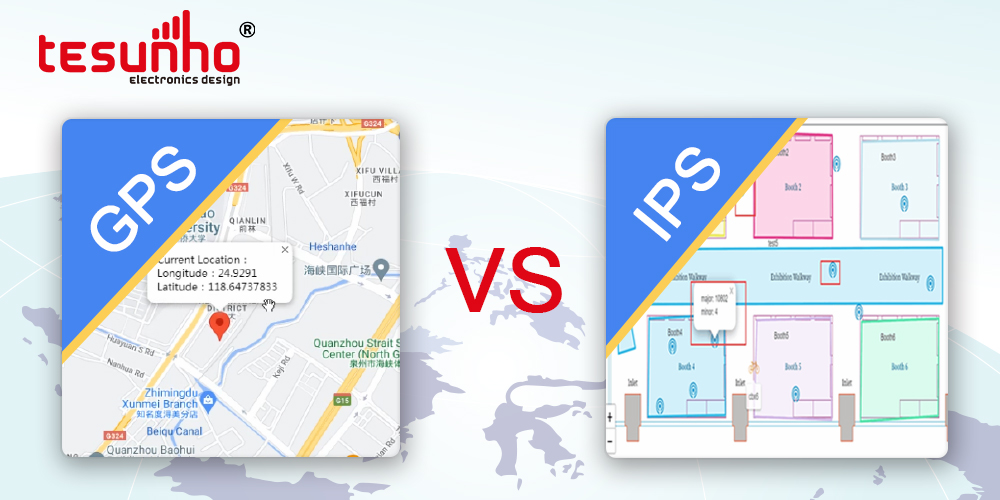
The Difference Between GPS and IPS
GPS (Global Positioning System) and IPS (Indoor Positioning Systems) are both used for location tracking, but they function differently and serve different environments.
GPS is designed primarily for outdoor use. It relies on a network of satellites orbiting the Earth, which send signals to a GPS receiver. These signals are triangulated to calculate the user’s position. GPS is highly effective in open spaces, making it ideal for outdoor navigation, tracking, and mapping.
IPS is designed for use within enclosed spaces, such as buildings, airports, shopping malls, and factories. GPS signals are typically weak or blocked entirely inside buildings due to walls, ceilings, and other obstacles. IPS uses a combination of different technologies—such as Wi-Fi, Bluetooth, RFID, UWB, or even magnetic fields—to provide location data in environments where GPS cannot reach.
In summary, GPS excels in outdoor navigation and tracking, while IPS fills the gap inside buildings where GPS signals cannot reach.
